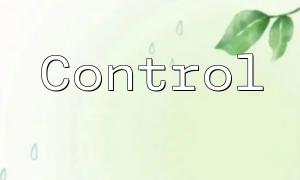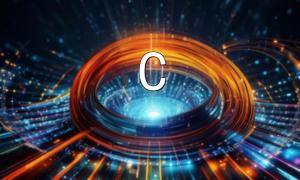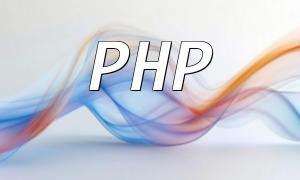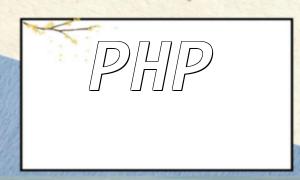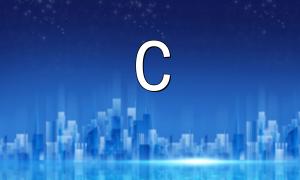With the continuous development of internet applications, PHP has become a popular server-side scripting language widely used in the development of various web applications. However, due to PHP's characteristics and server performance limitations, we often encounter some performance issues. To solve these problems, we can use caching technology to improve the performance of PHP applications.
Caching is a technology used to store data, which can store computation results or database query results so that the next time, the data can be directly read from the cache instead of recalculating or querying the database again. Below, we will introduce some common caching techniques and their applications in PHP applications.
Page caching is one of the most common and simplest caching techniques. It can store the entire page content as HTML, and then directly output the cached content when accessing the same page next time, without needing to regenerate the page. In PHP, we can use caching plugins or extensions to implement page caching, such as memcached, Redis, etc.
Data caching involves storing data in memory to improve data retrieval speed. For example, when we need to get database query results, we can first check whether the corresponding result is already in the data cache. If it is, we directly retrieve the data from the cache instead of querying the database again. Common PHP data caching technologies include memcached, Redis, etc.
Fragment caching involves caching parts of the page content to speed up page loading. For example, in a dynamically generated page, some content may not change frequently. We can cache this content and directly output the cached content the next time the page is accessed, instead of regenerating it. In PHP, we can use some caching plugins or extensions to implement fragment caching, such as the Smarty template engine, which supports fragment caching functionality.
File caching involves storing data in files to improve data read/write speed. In PHP, we can use file caching to store frequently used data, such as configuration information or log records. By storing this data in files, we can avoid reading the database or recalculating it each time, thus improving performance.
Cache expiration strategy refers to the conditions under which cached data will be updated or regenerated. In PHP, we can develop corresponding cache expiration strategies based on business needs. For example, when some data changes, we can update the cache in real time via triggers or events. Alternatively, we can set an expiration time, and when the cached data expires, the cache will be regenerated.
In summary, using caching technology can effectively improve the performance of PHP applications. Through page caching, data caching, fragment caching, file caching, and other techniques, we can reduce server load and speed up data read/write operations. Additionally, formulating an appropriate cache expiration strategy is also crucial to ensure that cached data is updated promptly. I hope this article helps developers address PHP performance issues they encounter in development.

